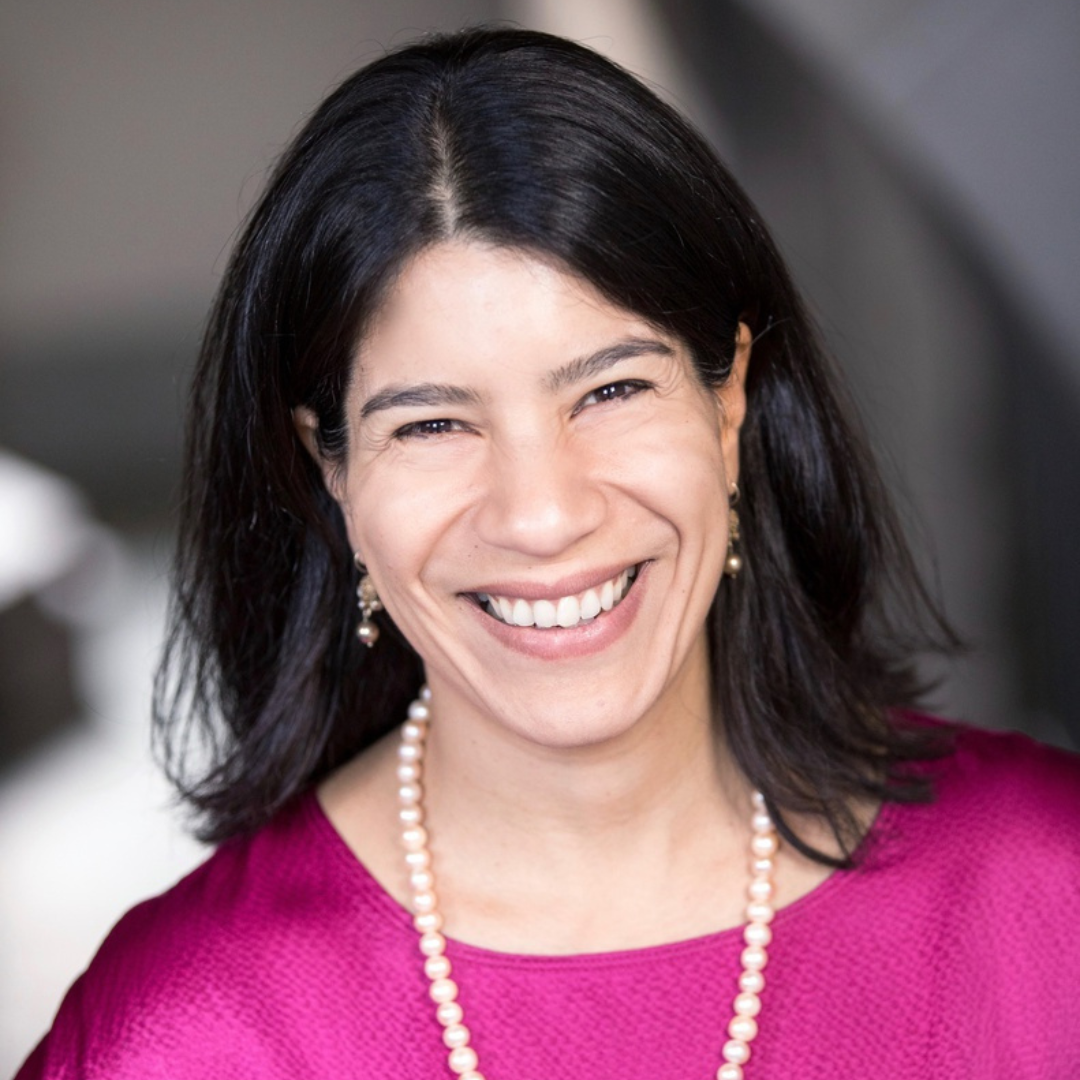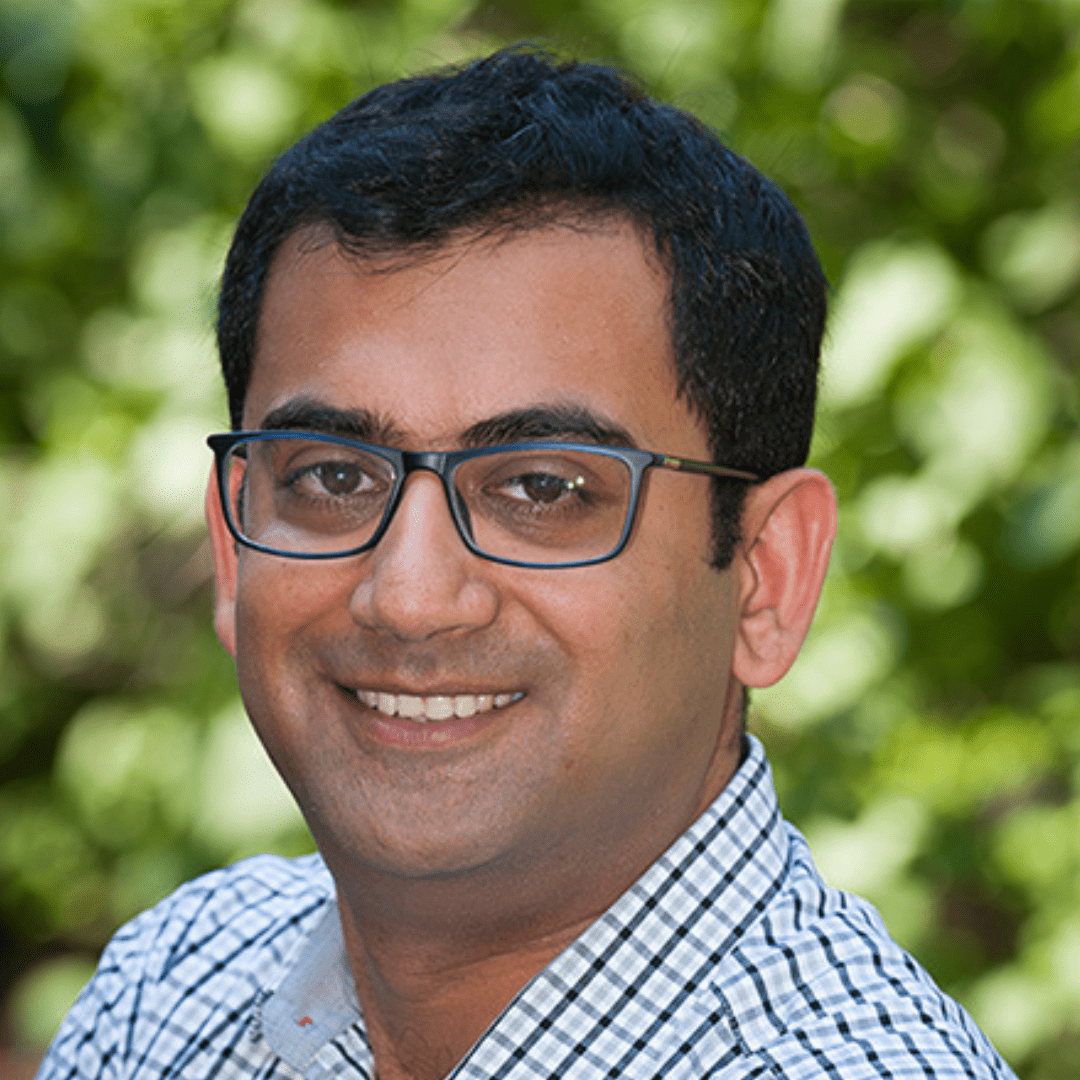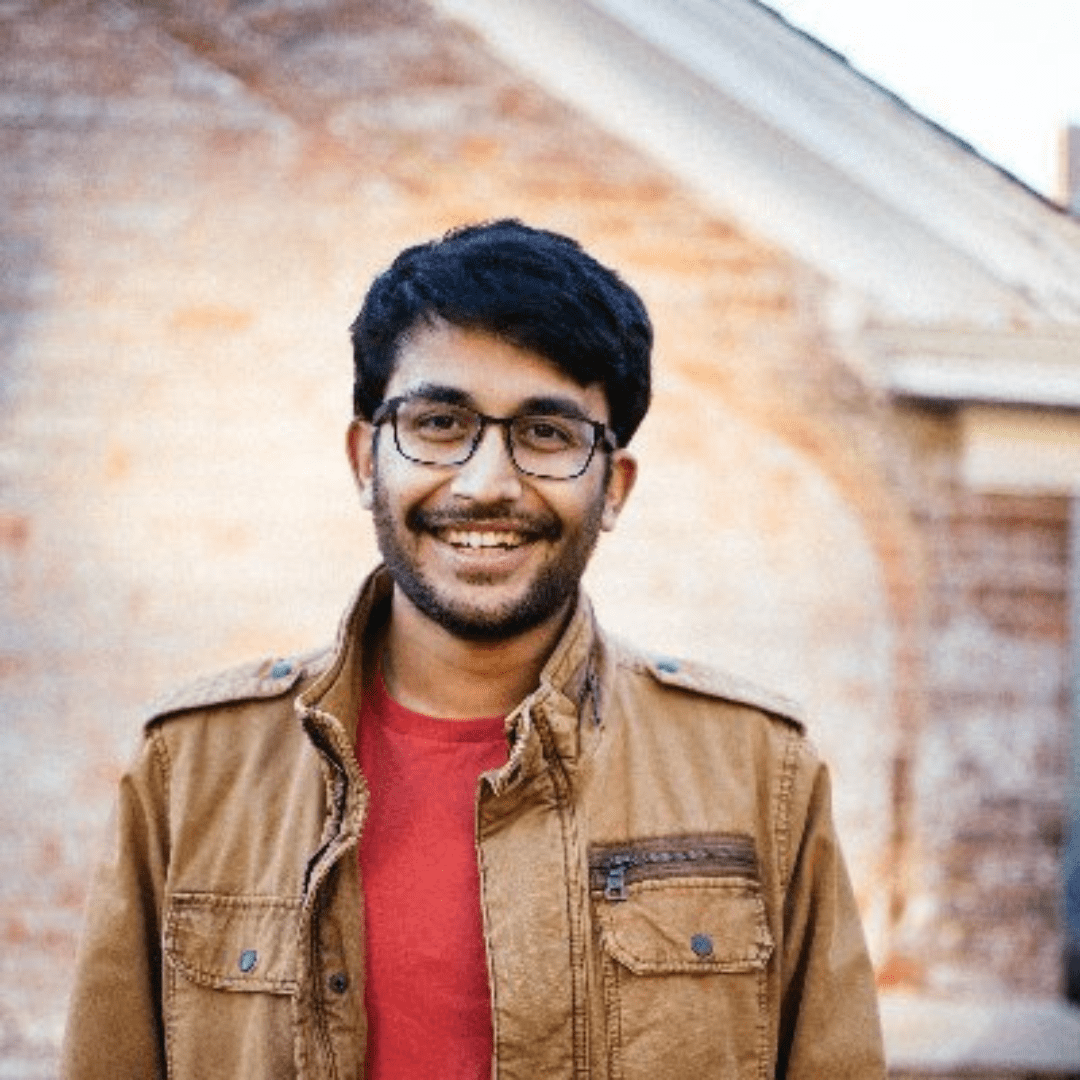2024 is a significant election year globally with more voters than ever before heading to the polls. India will hold the largest election of them all and is one of several South Asian countries to have national votes this year. A four-part series – led by Harvard Professors Arunabh Ghosh, Maya Jasanoff and Vatsal Naresh – will feature cutting-edge scholars across the social sciences and media who will come together over the next two months to provoke discussions about democracy, the press, and diasporic politics that resonate with parallel trends in the U.S., Asia, and globally. We spoke with the three event conveners for more on the ideation of the series, and what we can expect from the discussion.
Mittal Institute: What brought the three of you together to create this series?
Maya Jasanoff: We’ve each been part of ongoing conversations with friends and colleagues off-campus about some of the issues at the heart of this series, but we were struck by what seemed like an absence of a coherent forum on campus to share thoughts about what by any measure is a significant transformation of Indian society and politics. The immediate catalyst was running into each other at a talk Vatsal organized by the journalist Ravish Kumar, and realizing that there was an audience eager for more such events.
Arunabh Ghosh: Yes, exactly, as Maya notes, each of us had privately been part of conversations related to the implications of the upcoming elections, but it was the Ravish Kumar event last fall–especially the terrific turnout from across Harvard and the great Boston area–that alerted us to the need to organize a more wide-ranging conversation.
Vatsal Naresh: I spent four months traveling around India during the 2019 elections, and I regret being unable to do so this year. I was thrilled when Maya and Arunabh convened a meeting to discuss how we might bring an engaging discussion of the elections with leading academics and journalists to Harvard.

Maya Jasanoff.

Arunabh Ghosh.

Vatsal Naresh.
Mittal Institute: The panels are centered around four themes – democracy, media coverage, an outside lens and the diaspora. How did you think about the series structurally?
Maya Jasanoff: For me the question was, how can non-specialists living outside India (like me) get a grip both on what makes this election significant? Concerns about media coverage of political campaigns are highly pertinent here in the US, for instance; and India’s international presence has been shaped by an increasingly large and visible Indian/South Asian diaspora (of which I’m a part). Our events are like concentric circles, starting with fundamental questions about the nature of democracy in India today, and then expanding outward to include region; cyberspace, if you will (the media); and the diaspora.
Arunabh Ghosh: These came up fairly organically during our first brainstorming session. I think there was broad agreement that developments within India over the past decade have transformed not just its domestic politics, but have also resonated abroad in powerful (and frequently alarming) ways. The four panels are an attempt to capture that diversity. Our goal has been to bring in a mix of voices and perspectives.
Vatsal Naresh: The conflation of democracy and elections is powerful but recent, and the panels aspire to reopen questions of democracy that affect and are affected by but not subsumed in elections. Bangladesh and Pakistan have already had nation-wide elections this year, and Sri Lanka is expected to have a presidential election shortly before the U.S. election in November. Hopefully our panels leave audiences with more questions than they had before!
I think there was broad agreement that developments within India over the past decade have transformed not just its domestic politics, but have also resonated abroad in powerful (and frequently alarming) ways. The four panels are an attempt to capture that diversity.
Mittal Institute: Across the world, more voters than any time in history will head to the polls this year, and right here in the U.S., we’re gearing up for a major election. What’s important about the India 2024 elections – both within the country and beyond – that you hope to dig into in this series?
Maya Jasanoff: How can plural, multicultural democracy survive in an age of widening inequality, increasing polarization, and rising authoritarianism?
Arunabh Ghosh: For Indians, this may be the most momentous election of our lifetimes, signaling a permanent shift in the principles on which the republic was established in 1950. For that very reason, its implications, as Maya notes, are global. India has long served as a test case and testbed for the viability of postcolonial/post-imperial multicultural democracies.
Vatsal Naresh: I think tropes like the “dance” or “festival” of democracy express something profound about electoral politics in South Asia: they are cultural and social events just as much as they are political. I believe the stories, narratives, and symbols of this election campaign will affect the future of fraternity and belonging in India and the region more widely.
Mittal Institute: Who do you hope will engage with this series and what do you hope attendees will come away with?
Maya Jasanoff: Of course we hope that people interested in India and South Asia in general will engage with these events, but I’m especially eager to reach people who don’t normally follow what is happening in India. The election in India raises questions about the appeal of populism and authoritarianism, the future of the free press, and the place of minorities in a diverse democracy–which are all things we are asking about the US. Americans have a tendency to see the U.S. as exceptional, for good or ill, but many of the issues we’re confronting in the US at present are evident in other democracies. We can find better solutions to our own challenges by considering the comparisons and connections.
I’m especially eager to reach people who don’t normally follow what is happening in India. The election in India raises questions about the appeal of populism and authoritarianism, the future of the free press, and the place of minorities in a diverse democracy–which are all things we are asking about the U.S.
Arunabh Ghosh: Our idea with the four panels is to attract as wide an audience as possible. Those interested in India and South Asia are already a captive audience, in a sense. But my hope is that many others interested in the future of representative politics, the rise of right wing politics globally, and the challenges of reporting in an age of social media, will find these conversations of interest too.
Vatsal Naresh: Maya and Arunabh have put it splendidly. I hope those who are familiar with South Asia find something strange; and those who find South Asian politics strange find something meaningfully familiar!
☆ The views represented herein are those of the interview subjects and do not necessarily reflect the views of LMSAI, its staff, or its steering committee.

